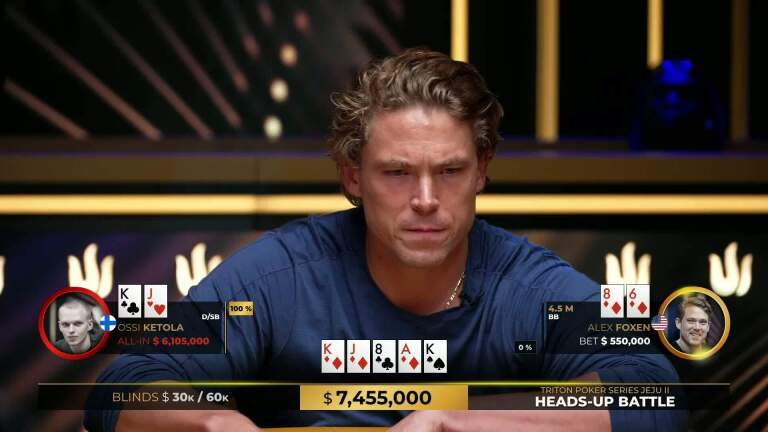
The convicts appealed the decision, saying Texas Hold’em was not gambling, which meant they had not violated any Swedish law. The superior court debate took place in May, 2008, where poker player, professional author and commentator Dan Glimne was also heard. He showed over the span of several hands of poker that, although luck is an important factor in Texas Hold’em, it takes skill to be successful in the long run.
Based on Glimne’s arguments, among others, the Western-Swedish Superior Court ruled that the April decision be altered and they suspended the convicts’ jail time. The court argued that chance is a major factor in Texas Hold’em, so it cannot be regarded a purely skill-based game, but it takes skill to win a tournament with a large number of participants. Therefore, they stated, the four men were not to be charged with the organisation of the main event, but they were guilty of organising the side events.
This time, the prosecution appealed and so the case went before the High Court. The latest debate took place on Wednesday, and a more than surprising decision was made: “We have found that the main tournament and its side tournaments were not random chance games, but that skill does come in to it,” Judge Göran Lamberth stated. Cash games are, however, in violation of Swedish law, as “in the cash game players can play when they like, bet when they like, and leave the table at any time,” as Swedish news site The Local reports. So the court found “this form to be a game of pure random chance."

A neat presentation of the issue from one of the related forum threads
Although this decision is weird to say the least, it might as well have a positive effect on Swedish poker tournaments, as only casinos owned by the state have so far been allowed to organise them legally, and now private clubs have the same opportunity.
Please have your say on the matter in the comments section below!














0 comments